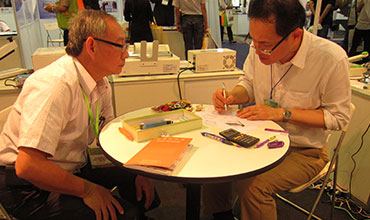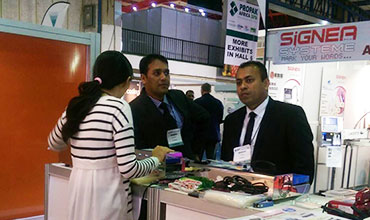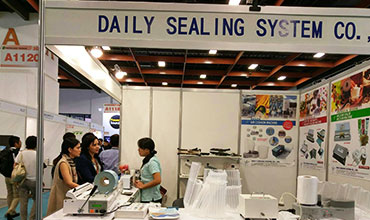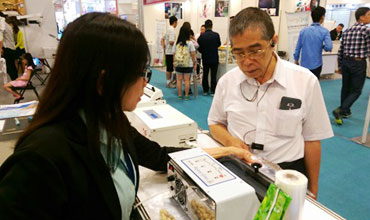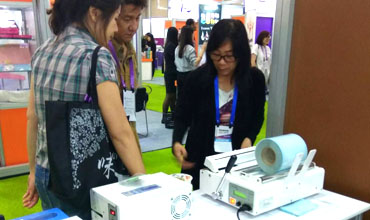Can put 7 knives.
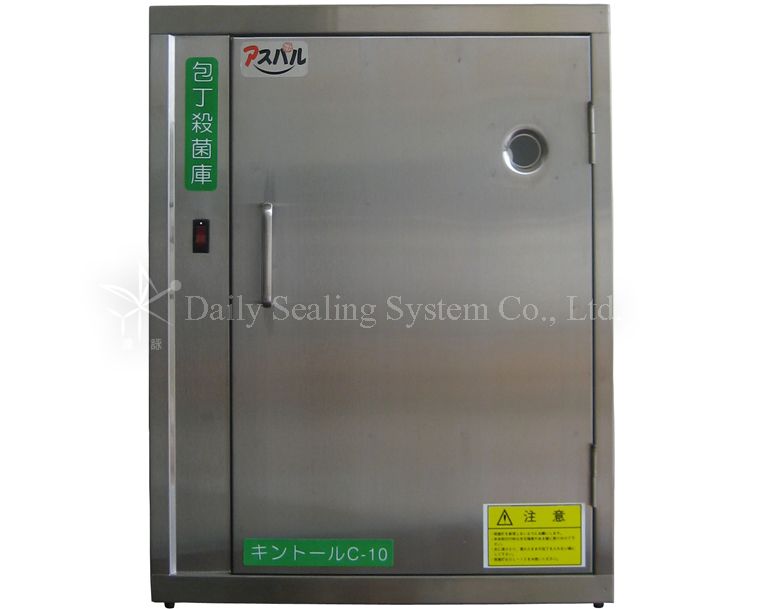
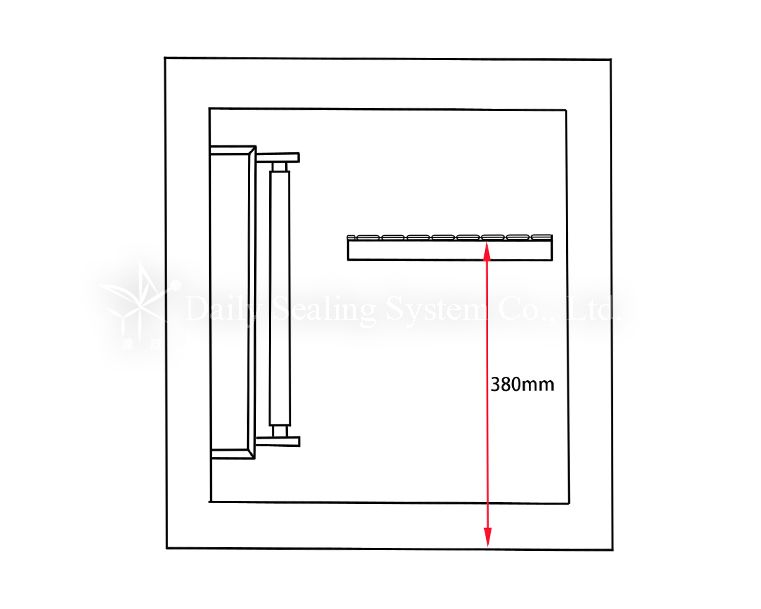
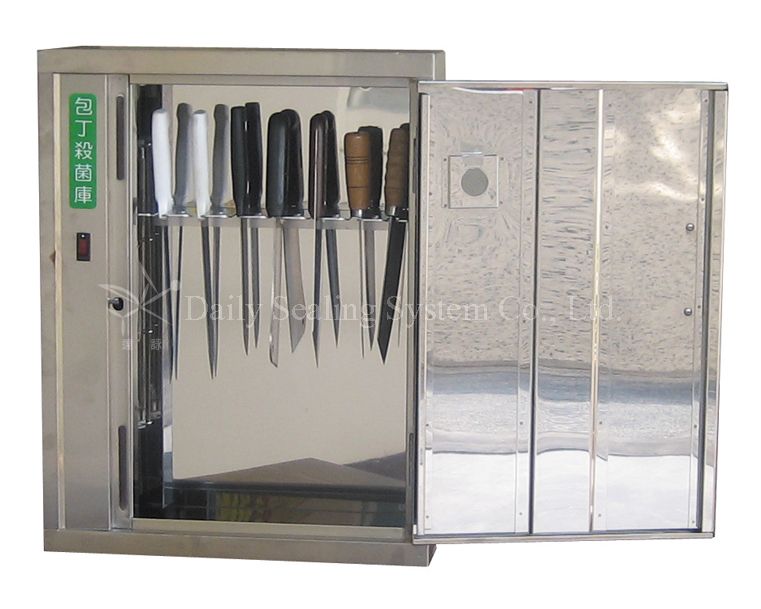
- Detail
Ultraviolet Lamp Cabinet for Knives:
• Material: rust-proof body of stainless steel.
• Use the powerful Ultraviolet Rays to kill all of the bacteria, such as dysentery germs, typhus, bacillus coil, staphylococcus... etc, keeps sanitary and security.
• UV glass-while check UV light, no hurt to your eyes.
• Space saving: can be hung on the wall
• Options:
(1) Offering double shelf: available for longer knives. (Model: DS-C10A)
(2) Offering twin door: available for 14 knives ((Model: DS-C15)
Specification
| Model No. | DS-C10 |
|---|---|
| Voltage/Ampere | 110V, 220V |
| Power | 10W |
| Machine weight | 10.00 kgs |
| Machine size | 450 x 130 x 580 mm |
| Quantity of knives | 7 pcs |
| Length of knives | Max: 385mm |
You May Also Like
Why Choosing Dailysealing
Parts and material quality control
- Heating elements are from Japan.
- Motor, Transformers, PCB and vacuum bags are made in Taiwan.
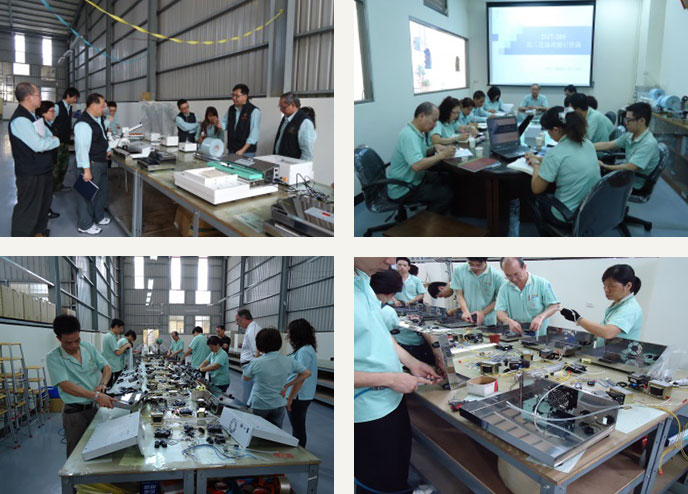
Strict quality control
- 100% product inspection: The inspection is included functions and appearance of sealing machines.
- Tensile strength test to ensure the sealing line tensile strength value reaches the customer standard.
- Electric leakage test: Puncture and insulation test.
- Our production and inspection are all based on ISO 9001.
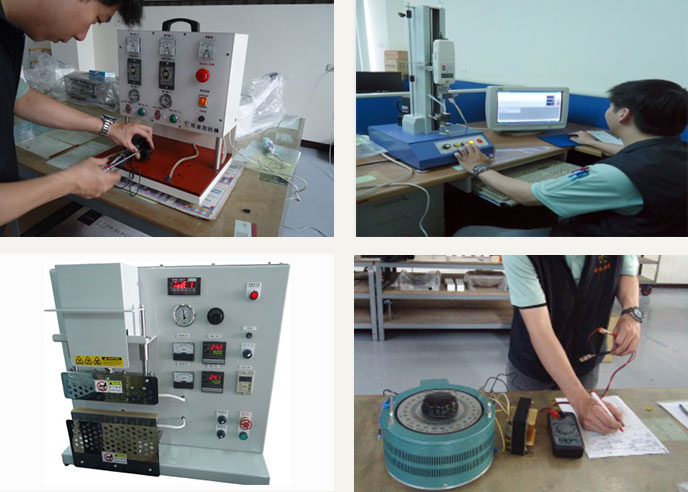
Professional packaging and sealing machine factory
- Produce many kinds sealing machines and ODM/OEM products and provide custom-made services.
- More than 30 year experiences in packaging machines industry.
- Sell sealing machines to America, Europe, Latin America and Asia.
- 85% products in stocks, so we can deliver the products quickly.
- The production process is based on SOP to ensure the quality of sealing machines consistently.
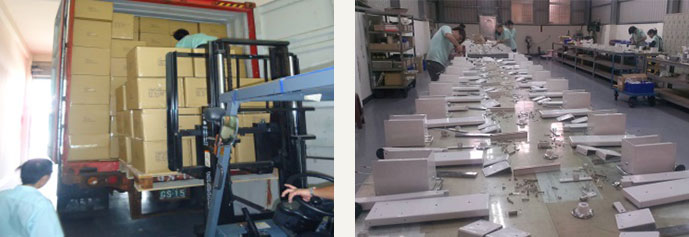
Complete range of specifications of sealing machines
- Complete range of specifications of sealing machines.
- Many kinds of sealing machines and consumptive materials in stocks, so customers can do one-stop shopping here.
- The customers include Biotechnology companies, Medical equipment companies, Food industry, Electronics industry, Handmade soap industry and other industry..
Custom-made sealing machine service
- Custom-made sealing machine service
- Designs of the special sealing machine for irregular shape sealing line, such as U-shape sealing line and L-shape sealing line.
- Different width of sealing line could be custom-made to meet customer requirements.
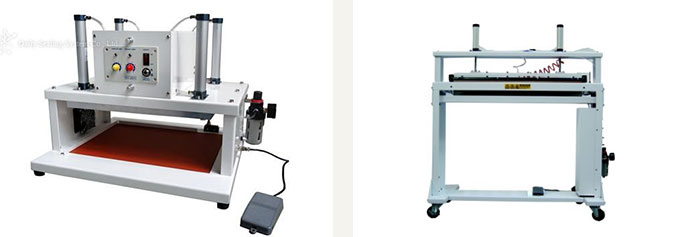
After-sales service of professional sealing machine
- Provide the professional service for repair the broken sealing machine immediately.
- The sufficient supply of parts stock, so don’t worry about the parts replace.
- Some parts of sealing machine are used in common specifications, so it is easy to get the parts for replace.
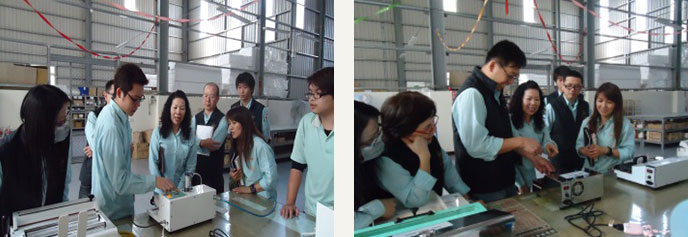
Exhibitions and trade shows
News
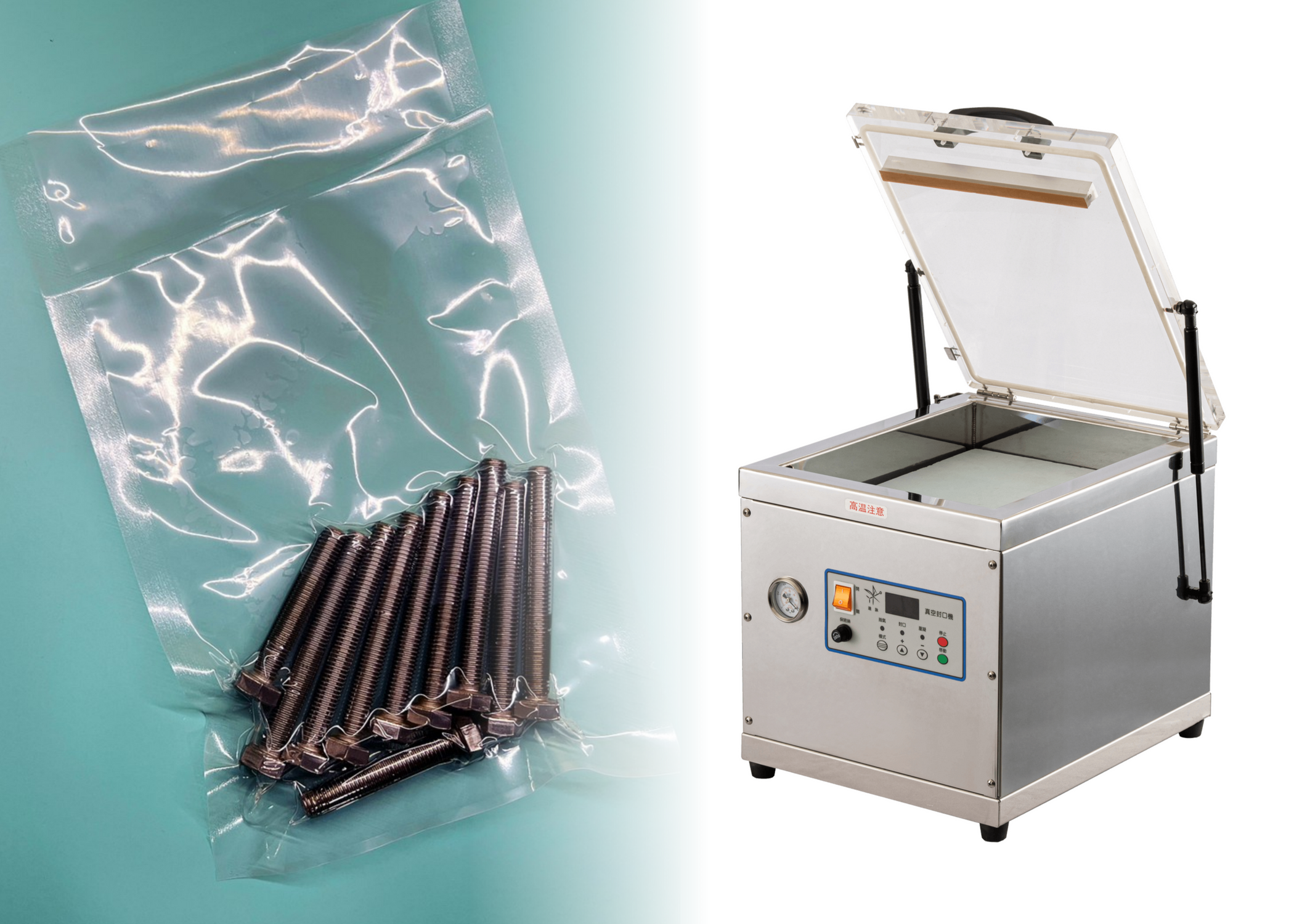
2024/2/23
Choosing the Right Vacuum Sealer: Universal vs. Specific Bag Models Explained
Choosing the Right Vacuum Sealer: Universal vs. Specific Bag Models Explained The main difference between universal vacuum sealers and specific bag vacuum sealers lies in their adaptability to materials and types of vacuum seal bags. These differences
directly affect the vacuum sealer's range of use, flexibility, and cost-effectiveness. Universal Vacuum Sealers Universal vacuum sealers, as the name suggests, are machines that can use vacuum seal bags of various materials and thicknesses. The main advantage
of these sealers is their versatility and flexibility. 1. Universal vacuum sealers usually have an open sealing area where users can place food or other items before starting the vacuum sealing process. 2. When using a universal vacuum sealer, there is typically
no need to choose a specific size or type of sealing bag, as they can adapt to different sizes and types of bags. 3. This type of sealer is generally more suitable for home use, as they are simpler and more convenient to operate, requiring less setup and adjustment.
4. Versatility: They can use bags of various materials, including PE, PA, PET, etc., without restrictions on the material of the sealing bag. 5. Cost-effectiveness: Since cheaper, generic bags can be used, it may be more cost-effective in the long run. 6.
Broad applicability: Suitable for packaging a wide range of needs, whether food or non-food items. Specific Bag Sealers Specific bag sealers are machines that can only use vacuum seal bags of a particular material or brand. These sealers are often designed
for special bag materials or specific sealing needs. 1. Specific bag vacuum sealers require the use of particular sizes and types of sealing bags. Before use, users need to place food or other items into the sealing bag, then insert the bag's opening into
the sealer for sealing. 2. This type of sealer typically offers more sealing options, such as different sizes of sealing bags, wet and dry sealing, etc. 3. Specific bag vacuum sealers are generally more suitable for commercial use or situations requiring a
lot of sealing, as they can provide higher efficiency and more options. 4. Specialization: Requires the use of specific materials or brands of bags, which are usually designed to fit the machine's sealing method. 5. Cost: The cost of specialized bags is generally
higher than that of generic bags, which may increase the long-term cost of use. 6. Quality control: Using specialized bags may result in better quality control and sealing effects, as the machine and bags are designed as an integrated system. Considerations
for Choosing Between Universal and Specific Bag Vacuum Sealers 1. Cost: Consider the initial investment and the long-term cost of use. 2. Usage needs: Choose a more flexible universal vacuum sealer if your sealing needs involve frequently changing bag types,
or a specific bag sealer if you have higher requirements for sealing quality. 3. Convenience of operation: Universal vacuum sealers are generally simpler and more convenient to operate, as they have less strict requirements for the bags. In summary, choosing
between a universal vacuum sealer or a specific bag vacuum sealer should be based on your sealing needs, budget, and quality requirements. If you need higher flexibility and cost-effectiveness, a universal model may be a better choice; if you have higher requirements
for sealing effects and do not mind the cost of specialized bags, then a specific bag model may be more suitable. g Choosing the Right Vacuum Sealer: Universal vs. Specific Bag Models Explained
MORE

2025/1/8
2025 Chinese New Year Festival
Dear Sirs, By government guidelines on the Lunar New Year Festival, Daily Sealing will be closed for a vacation break from January 25 to February 02, 2025. We are very grateful for your patronage and collaboration in the past year, and would like to take
this wonderful opportunity to wish you Happy New Year of The Snake Yours truly, Daily Sealing System Co., Ltd.
MORE
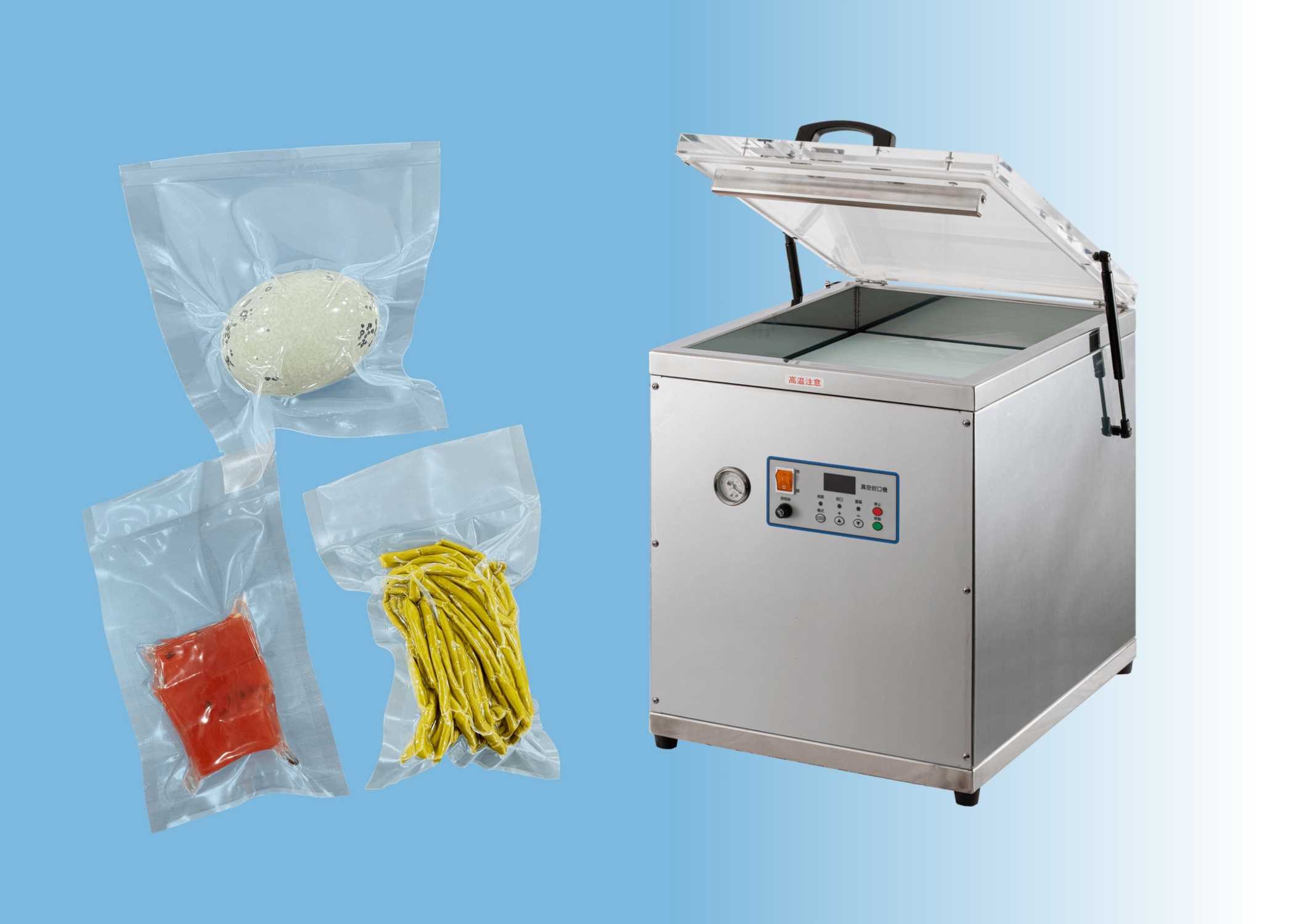
2024/6/13
How to choose a vacuum sealing machine? (Chamber vacuum sealer)
In recent years, vacuum packaging has become very popular. Vacuum packaging keeps damp proof, extended shelf life, and reduced storage space. There are various types of vacuum sealing machines available on the market. How to find a suitable vacuum sealer
for your product? The following are specially divided into three categories for the vacuum sealers sold on the market (Chamber Vacuum Sealer, Non-nozzle Vacuum Sealer, and Nozzle Vacuum Sealer) to introduce advantages and disadvantages. There are other places
to pay attention to when buying, hope to help everyone buy a suitable vacuum sealer, and enhance the quality of product. ※Chamber Vacuum Sealer This is the most familiar and most commonly seen vacuum sealer. As the name suggests, it looks like a box. Therefore,
large size and heavy weight are the biggest drawbacks of this vacuum sealer, but the vacuum degree is the best compared to the other two types of vacuum sealers. We also call this vacuum sealer an internal vacuum sealer. Because the items which you want to
vacuum have to be put into the vacuum chamber in the vacuum sealer, and can be vacuum packaged. Since the vacuum item needs to be put into the vacuum chamber, the product will be limited by the size of the vacuum chamber. If the product is larger, the vacuum
chamber must be larger. As the size of the vacuum sealer increases, its price also tends to increase. Therefore, when purchasing, it needs to consider whether the internal size of the vacuum chamber is suitable for your needs. The chamber vacuum sealer is
further divided into oil-less and oil-type vacuum sealer due to the different types of vacuum pumps installed inside the machine. The vacuum capability of oil-less type vacuum sealers is slightly lower than that of oil-type vacuum sealers. Oil-less type vacuum
sealer is suitable for dry products, such as tea, dried fruit, rice, and electronic parts. The price of this vacuum sealer is lower than that of the oil-type vacuum sealer, but the vacuum capability is sufficient for dry vacuum packaging. Oil-type vacuum sealer
is suitable for both dry and moist products. If there is liquid in the product, it's recommended to choose an oil-type vacuum sealer. Suitable for packing products: meat, seafood, liquid, and powder. The Oil-type vacuum pumps installed in the Oil-type vacuum
sealers on the market have different vacuum capabilities. If you need vacuum packaging for seafood or meat products, it's recommended to choose an Oil-type vacuum sealer with better vacuum capability. If the product itself is soft, even after being vacuumed,
it will still be soft to the touch, and will not be as hard as dry products after being vacuumed. The price of Oil-type vacuum sealers is higher than that of oil-less-type vacuum sealers, and the higher the required vacuum capability, the higher the price.
Also, it should be noted, Oil-type vacuum pump needs to add vacuum oil, so when using an Oil-type vacuum sealer, it's a must to regularly check the amount of vacuum oil and the clarity of the vacuum oil. If the oil level is below the standard, vacuum oil needs
to be added; if the vacuum oil is cloudy, the old oil must be drained before adding new vacuum oil. The more often the vacuum sealer is used; the frequency of adding and draining oil is also higher. When the vacuum degree drops, you can first check whether
it is due to the vacuum oil. Some oil-type vacuum sealers will also be equipped with oil mist catchers, to capture the oil mist generated during the operation of the oil-type vacuum pump. Smoke generation was found during the operation of the vacuum sealer,
oil mist is likely generated when the oil vacuum pump is running, which is a normal phenomenon. The installation of an oil mist catcher is to reduce the situation of oil mist drifting. The oil mist catcher is a consumable, and the frequency of use will affect
its life. When purchasing a vacuum sealer, factors to consider include price, the suitable types of vacuum bags, vacuum efficiency, the size and type of products to be sealed, and the operating method. No matter what kind of product you want to vacuum, it's
recommended to bring the product to the site for testing before purchasing, test the vacuum effect and understand how to operate it, this will allow you to choose the most suitable vacuum sealer for your needs.
MORE
(10).jpg)
(5).jpg)
